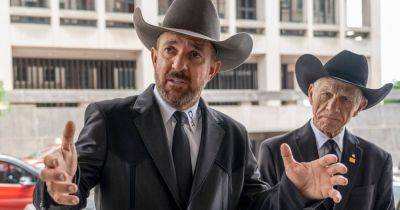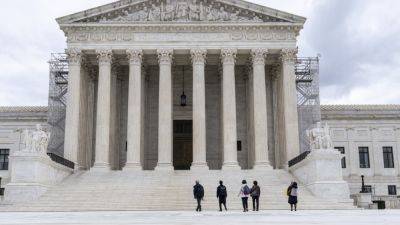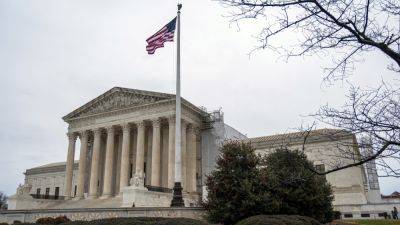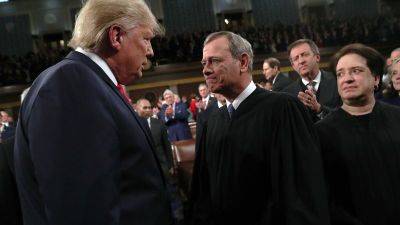The Supreme Court’s decision centers on Section 3 of the 14th Amendment.
The U.S. Supreme Court’s decision to overturn a Colorado court decision barring former President Donald J. Trump from the state’s primary ballot centers on the meaning of the Constitution’s 14th Amendment, which includes a clause disqualifying people who violated their oaths of office from holding government positions in the future.
The 14th Amendment was adopted in 1868 as part of the post-Civil War Reconstruction Era. To deal with the problem of former Confederates holding positions of government power, its third section disqualifies former government officials from holding office if they took an oath to support the Constitution but then betrayed it by engaging in an insurrection.
According to a Congressional Research Service report, a criminal conviction was not seen as necessary: federal prosecutors brought civil actions to oust officials who were former Confederates, and Congress refused to seat certain members under the clause. Congress passed amnesty laws in 1872 and 1898, lifting the penalties on former Confederates.
The Colorado Supreme Court concluded that Mr. Trump’s attempts to overturn his loss of the 2020 election, culminating in the Capitol riot on Jan. 6, 2021, made him an oath-breaking insurrectionist. It barred him from the state’s primary ballot. Mr. Trump’s lawyers appealed to the U.S. Supreme Court, which unanimously overturned the state decision.
All nine justices agreed that while states can enforce Section 3 against holders and seekers of state offices, they lack authority to enforce it against holders and seekers of national offices. The justices worried that otherwise, different states could reach different decisions about taking candidates off the ballot, resulting in a disruptive “patchwork” that







